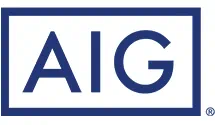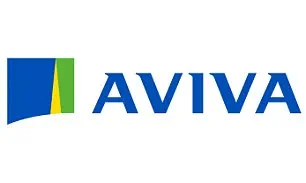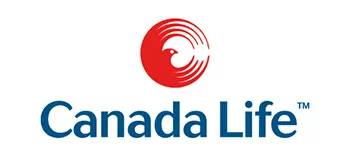Starting a family
What steps to take to prepare financially
Having a baby is one of the most exciting, life-changing events that you’ll ever experience. But along with the joy and happiness that comes with starting a family, there is also the reality of the added costs.
**The Financial Realities of Raising a Child: A Comprehensive Guide**
The joys of parenthood are unparalleled, but the financial implications are substantial and demand attention. In 2021, the statistics revealed that the average cost of bringing up a child until the age of 18 amounted to £160,692 for couples and rose to £193,801 for single parents[1]. These figures have seen a notable increase since their initial recording in 2012, emphasizing the importance of prudent financial planning for prospective parents.
To ensure financial stability while navigating the costs of parenthood, consider the following strategies:
1. **Budgetary Planning**: Before expanding your family, it’s crucial to have a clear understanding of your financial landscape. Monitor your monthly income and expenditures meticulously, determining potential savings. If your financial dynamics are expected to change post-childbirth, consider revisiting and adjusting your budget, prioritizing essential expenses.
2. **Establishing an Emergency Fund**: An emergency fund serves as a financial buffer, safeguarding against unforeseen adversities. It’s advisable to allocate funds equivalent to three to six months of living expenses, ensuring you’re prepared for unexpected financial challenges.
3. **Family Security Measures**: Ensuring your family’s financial security, especially in unforeseen circumstances, is paramount. This encompasses comprehensive life insurance, critical illness coverage, and income protection mechanisms. Additionally, drafting a will is essential, clarifying asset distribution and appointing guardians for your child, if necessary.
4. **Investing in Your Child’s Future**: As parents, securing your child’s future is a top priority. Initiating savings early can provide substantial benefits in the long run. Various instruments, such as Junior Savings Accounts, Children’s Bonds, and Junior Personal Pensions, can be considered. However, investments are inherently volatile, necessitating informed decisions or consultation with financial experts.
For a detailed understanding of the data, [please refer to the comprehensive report](https://cpag.org.uk/policy-and-campaigns/report/cost-child-2021).
**Note**: The nature of investments can be both rewarding and risky. It’s imperative to either be well-informed or to seek specialized advice before making investment decisions.













